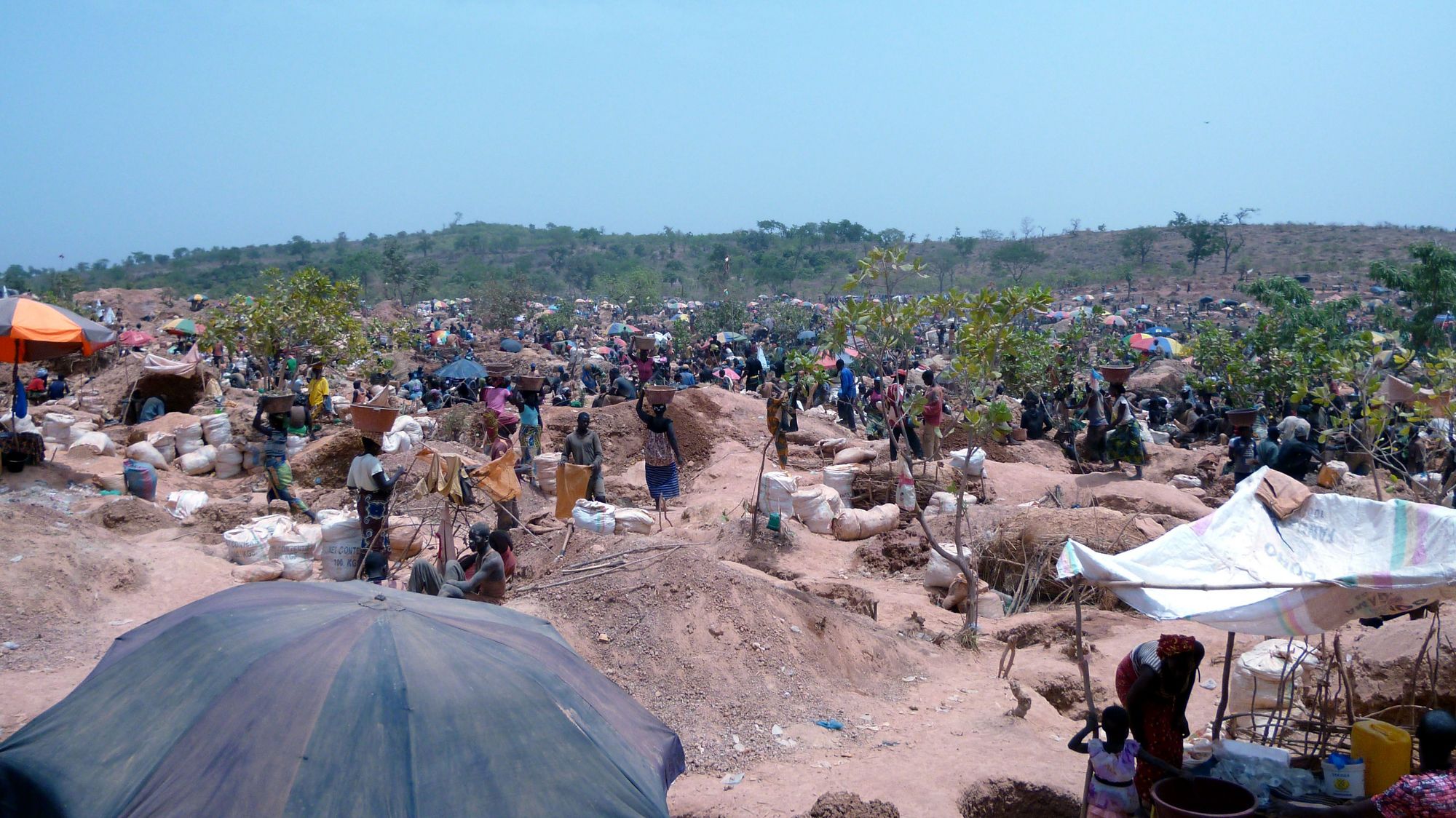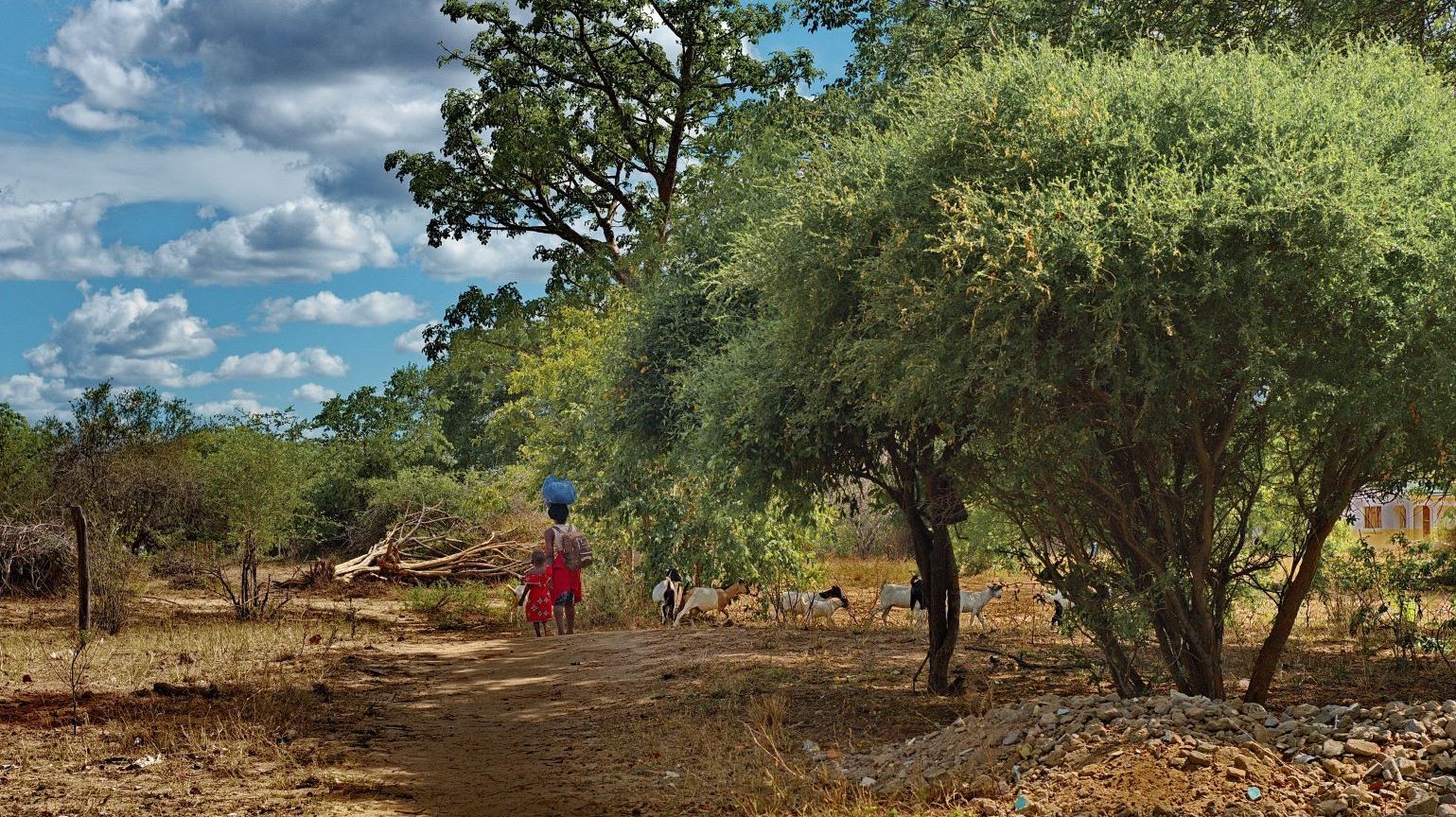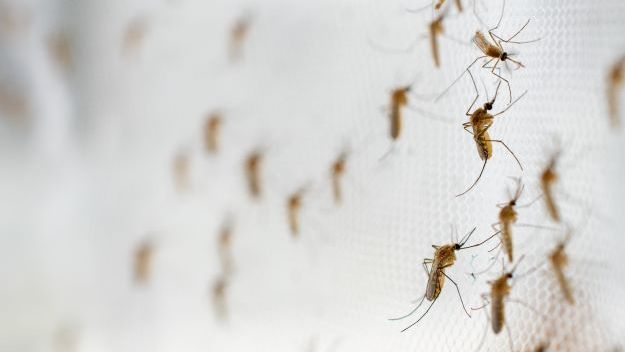Group | Health Impact Assessment
Impact assessment is the process of identifying the future consequences of a proposed action or global development. Through the combination of procedures, tools and methods, impact assessment supports evidence-based decision-making with the ultimate objective to promote sustainable development.
Health Impacts Associated with Global Change
The health impact assessment (HIA) research group aims to develop, validate and apply new tools and methods for assessing, monitoring and evaluating health impacts associated with major drivers of global change. This includes growing pressure on natural resources, population growth, migration, urbanization and global climate change.
Extensive Activities
With a geographical emphasis on tropical climate zones, we have employed the HIA approach to a variety of proposed activities and global developments:
- Large infrastructure developments, including natural resources extraction projects (e.g. gold and copper mining) and renewable energy projects (e.g. hydropower and biofuel);
- Pesticide use in small scale farming;
- Waste recovery and reuse business models; and
- Combined effects of climate change and urbanization.
Integral Approaches
Many of our projects are an integral part of inter- and trans-disciplinary research efforts that combine environmental monitoring, epidemiology, clinical examinations and exposure assessment with institutional analysis and broad stakeholder engagement. We also build up human capacities in conducting, evaluating and enforcing HIA in low- and middle-income countries.

Mirko Winkler
Associate Professor, PhD, DTM&H, MSc
Group Leader
+41612848339
,
*
mirko.winkler@swisstph.ch

Astrid Knoblauch
Dr.
Technical Expert
+41612848675
astrid.knoblauch@swisstph.ch
Key Projects

Health Impact Assessment for Sustainable Development
The development and operation of natural resource extraction projects (e.g. minerals, metals, oil and gas) affects public health, ecosystems and societies in producer regions. The HIA4SD Project intends to analyse the conditions under which impact assessments are an effective regulatory mechanism to engage natural resource extraction projects in working towards the health-related targets of the SDG 2030 Agenda.

Impact of Climate Change and Urbanization on Maternal and Child Health
Climate change is transforming the world, and nowhere is this more evident than on the African continent. Mozambique in particular is facing extreme weather conditions, food insecurity, rapid urbanisation and a high health burden, disproportionately affecting women and children. The CliMaH project aims to analyze the impact of climate change on population trends and maternal-child health in Mozambique, while creating a generalizable assessment roadmap.

Strategic Environmental Assessments
Genetically modified mosquitoes have great potential for malaria control. Any future use of gene drive mosquitoes for malaria control will require many elements, including policy, regulatory approvals, community consent and public engagement. The decision-making process will need to balance risks and benefits to human and animal health, the environment and biodiversity, as well as socio-economic considerations. On behalf of Target Malaria, Swiss TPH conducted a SEA scoping study on the potential use of Anopheles mosquitoes containing a gene drive construct to suppress malaria vector mosquitoes. Read more
Latest Publications
All PublicationsArnaiz P et al. Acceptability and perceived feasibility of the KaziKidz health promotion intervention among educators and caregivers in schools from South Africa: a qualitative descriptive study. BMC Public Health. 2024;24:934. DOI: 10.1186/s12889-024-18456-3
Brummaier T et al. Design of a targeted blood transcriptional panel for monitoring immunological changes accompanying pregnancy. Front Immunol. 2024;15:1319949. DOI: 10.3389/fimmu.2024.1319949
Cambaco O et al. Adolescent health and well-being in the context of impact assessment of natural resource extraction projects: a scoping review. Environ Impact Assess Rev. 2024;105:107360. DOI: 10.1016/j.eiar.2023.107360
Chernet A, Paris D.H, Alchalabi L, Utzinger J, Reus E. Public and patient involvement in migration health research: Eritrean and Syrian refugees' and asylum seekers' views in Switzerland. Healthcare (Basel). 2024;12(16):1654. DOI: 10.3390/healthcare12161654
Ehrenberg J.P, Chernet A, Luján M, Utzinger J. One Health as a potential platform to rescue the neglected fruit trees in Yucatan, Mexico. Sci One Health. 2024;3:100073. DOI: 10.1016/j.soh.2024.100073
 Yaman Abuzahra
Yaman Abuzahra
 Astrid Knoblauch
Astrid Knoblauch
 Anaïs Galli
Anaïs Galli